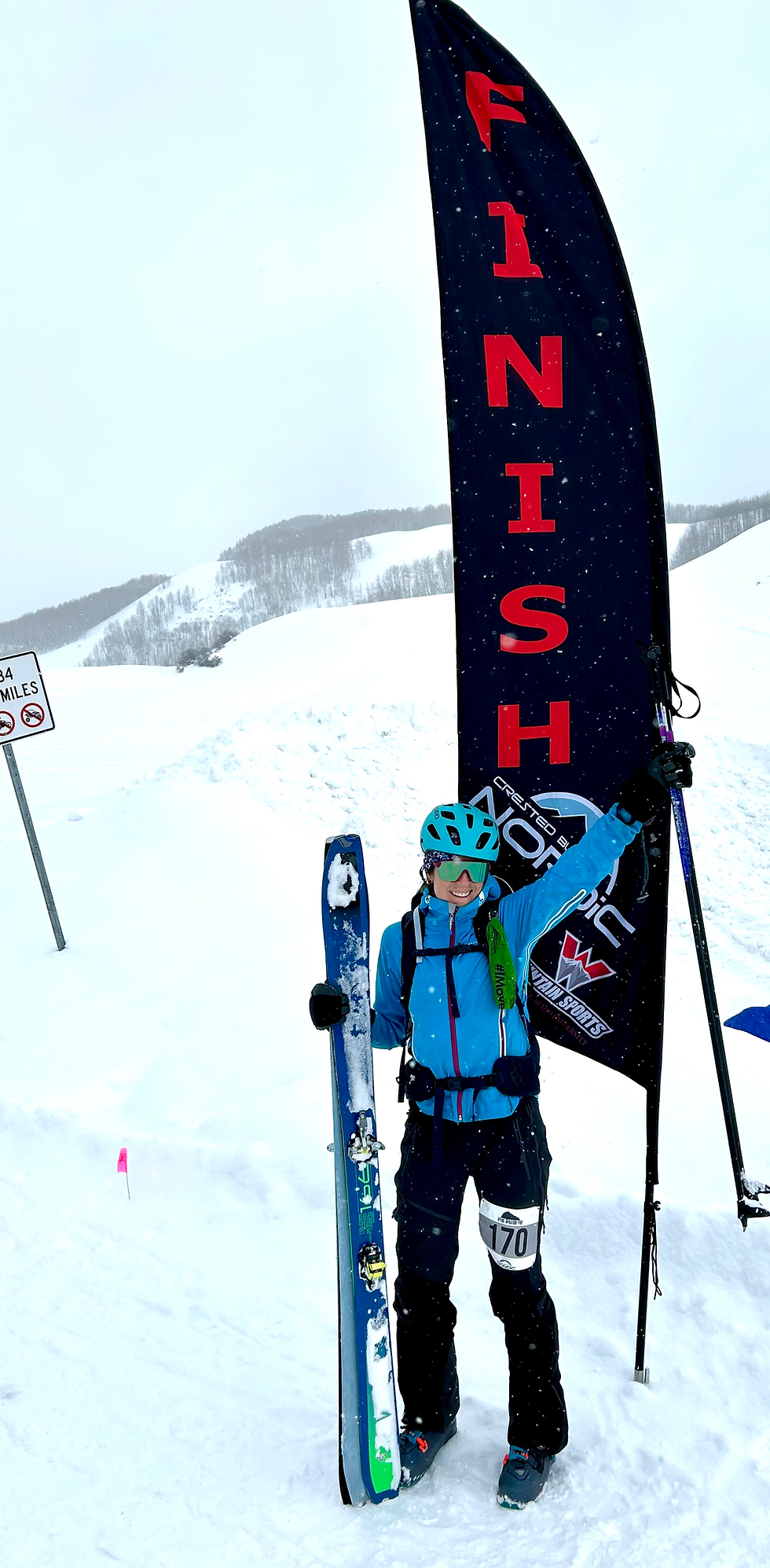living in the maybe
- Devon Cone
- Jun 18, 2025
- 3 min read
Updated: Aug 9, 2025

There is a particular kind of fear that comes not from what has happened, but from what might. Living with Parkinson’s disease is living with that fear—quietly, relentlessly. It is living beside a question mark that never resolves. Every day becomes a lesson in uncertainty. Every movement, every sensation, every change in mood sparks a calculation: Is this the disease progressing? Is this my new normal?
When I was first diagnosed with young-onset Parkinson’s, I imagined there would be a map. A plan. A predictable course of action, even if the destination was grim. But Parkinson’s is not like that. It’s not a straight line. It’s a winding, uneven downward path with no reliable signposts. Some days I feel ok–ish. Other days, I wake up and my body feels like it doesn’t belong to me. I don’t remember what it’s like to feel truly “good,” or like myself anymore. Overall, it only gets worse but, some days are slightly better than others. Even from one hour to the next, one minute to another, things can shift. The unpredictability is what makes it so hard to explain, even to the people closest to me.
I’ve had doctors tell me the disease can be “slow-moving.” Others say it’s “highly individual.” That’s the clinical way of saying “we don’t know.” And that not knowing seeps into everything. Will I be able to work next year? Travel? Ski? Dance at a wedding? Will I wake up one morning and find that something I took for granted—like tying my shoes or writing my name—is suddenly beyond me?
There are no answers, only possibilities. And trying to live a full life while preparing for a future that may involve profound loss is a strange balancing act. You learn to hold joy and dread in the same hand. You learn to plan for the worst while still hoping for the best. You get used to celebrating small victories—like a meal with friends or a walk without stiffness—while quietly grieving the things that might soon slip away.
But the hardest part isn’t just what Parkinson’s might take from my body. It’s what it does to my mind. The constant mental scanning for signs of decline. It’s exhausting to live in a body you can no longer fully trust. It makes it impossible to relax, to feel safe, or to believe in long-term plans.
That’s why I call it living in the maybe. Not knowing what the next day holds. Not knowing who I’ll be six months from now. To live in the maybe is to live without guarantees, and still show up anyway because somehow, life goes on. Not the life I imagined—but life, still.
And I’m learning that certainty was always an illusion. None of us really know what’s coming. Parkinson’s just stripped away the comforting lies more quickly. In its place, I’ve had to cultivate something else: presence. Gratitude. A deeper ability to savor the moment I’m in, because it’s the only one that’s guaranteed.
There’s also a kind of strange clarity that comes with living on unstable ground. I try not to waste time pretending that everything is fine when it’s not. I do my best not to put off the things that matter—because I know that time is precious, energy is limited, and nothing should be postponed indefinitely. I don’t have the luxury of waiting for a “better” day. Today is the day I have. And unfortunately, it is probably the best day I will have. Each day is only going to get more challenging.
Living in the maybe means constantly adjusting expectations, mourning losses before they fully arrive, and clinging to what steadies me—loved ones, work, nature, adventures, travel. It means choosing whatever courage I can muster over comfort, again and again. And it means redefining hope, not as a promise of cure, but as the quiet belief that I can keep showing up. That even in the thick fog of uncertainty, even without guarantees, there is still beauty to be found– I might just have to look a little harder.




Comments